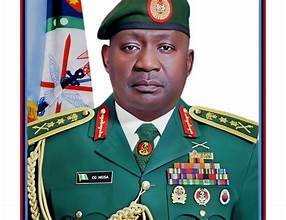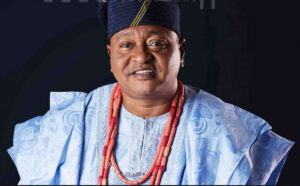Consequences of involving religion in Nigeria’s politics
[ad_1]
Religion has been a part of Nigeria’s political landscape since the country gained independence in 1960. The country is home to a diverse population with multiple religions, including Christianity and Islam, among others.
The influence of religion on Nigerian politics cannot be overemphasized as it plays a significant role in shaping political decisions and outcomes. However, the involvement of religion in politics in Nigeria has come with both positive and negative consequences.
One of the positive consequences of involving religion in Nigeria’s politics is the promotion of moral values. Religion teaches moral values such as honesty, integrity, and justice, which are crucial for a stable and just society. Religious leaders can use their platforms to advocate for these values and hold politicians accountable for their actions. Additionally, religion can inspire people to participate in politics and contribute to the development of their communities.
On the other hand, the involvement of religion in Nigeria’s politics has also led to negative consequences. One of the most significant negative consequences is the proliferation of religious extremism and intolerance. The politicisation of religion has fueled religious conflicts and violence, leading to loss of lives and property. The Boko Haram insurgency, which began in 2009, is an example of the consequences of religious extremism in Nigeria.
Another negative consequence of involving religion in Nigeria’s politics is the erosion of the country’s secularism. Nigeria is a secular state, but the involvement of religion in politics has led to the blurring of lines between religion and state. This has resulted in the adoption of policies that favor one religion over the other and the exclusion of minorities from political processes.
Furthermore, the involvement of religion in politics has also resulted in the emergence of religious leaders as political power brokers. This has led to the entrenchment of corruption in the political system, as religious leaders often use their positions to secure political appointments and contracts for their followers.
- Usman Muhammad Salihu, Mass Communication Department, Abubakar Tatari Ali Polytechnic, Bauchi.
READ ALSO FROM NIGERIAN TRIBUNE
[ad_2]














Post Comment